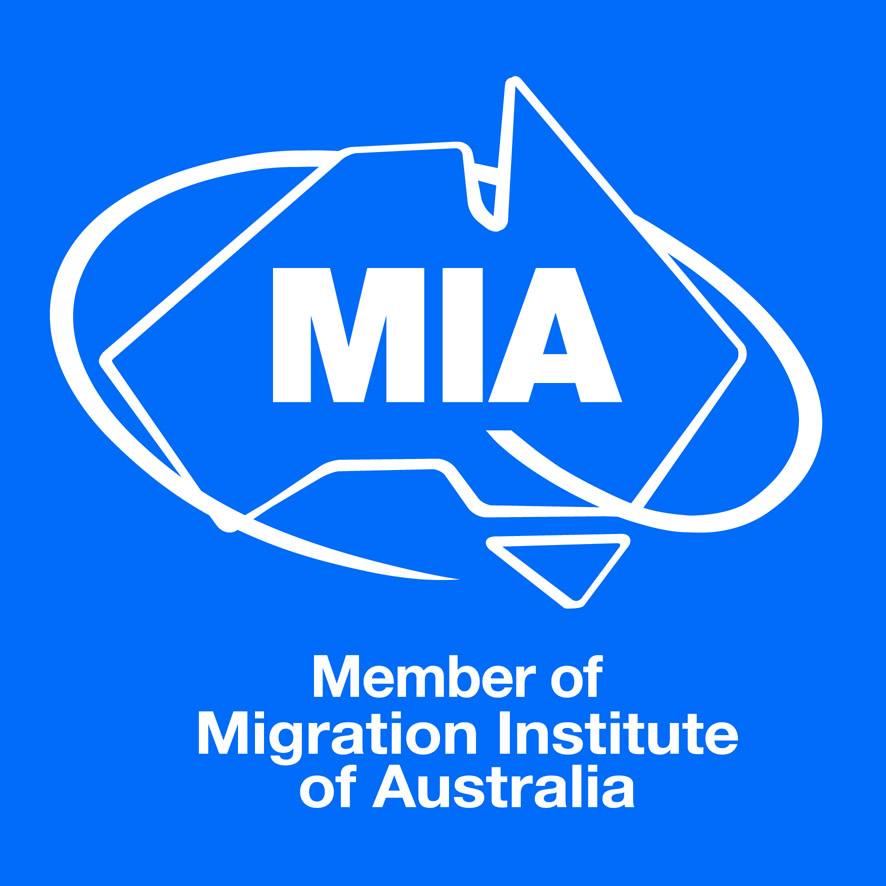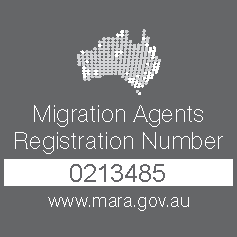Covid-19 vaccination has been the hot topic among Australians for some time now. The national plan as agreed by the federal and state governments allows for more freedoms for Australians as vaccination rates hit agreed targets.
New South Wales and Victoria have been subjected to harsh lockdowns to combat large Covid-19 outbreaks. As a result, coming out of these lockdowns has relied heavily on rapidly increasing the rate of vaccination. While Prime Minister Scott Morrison declared vaccination won’t be made mandatory, he has stated that unvaccinated Australians will be subjected to restrictions going forward.
The easing of restrictions, travel and everyday activities are now determined in most states by your vaccination status. The federal and each of the state governments have made it clear that the only way to get back to normal is to be vaccinated.
So, how does vaccination status affect residents of each state?
New South Wales
New South Wales’ lockdown ended once 70% of its population was fully vaccinated. While masks are still mandatory indoors for everyone, those who are fully vaccinated are also able to:
– Visit hospitality venues
– Have visitors to the home
– Visit gyms
– Attend ticketed outdoor events
– Attend weddings and funerals
– Attend church services and places of worship
– Gather outdoors
– Attend hair and beauty salons
As vaccination rates increase, numbers for gatherings and density limits will begin to lift. For those who are unvaccinated, freedoms are limited until 1st December when New South Wales is expected to reach a 90% vaccination rate. Prior to 1st December, anyone unvaccinated can only access essential retail.
Victoria
Like New South Wales, the Victorian lockdown came to an end when the 70% vaccination rate was achieved. Fully vaccinated people can:
– Visit hospitality venues
– Visit gyms
– Attend ticketed outdoor events
– Attend weddings and funerals
– Attend church services and places of worship
– Attend hair and beauty salons
As vaccination rates rise, the restrictions in place will ease further.
At this stage those who are unvaccinated can shop in essential and non-essential retail outlets and gather outdoors. Once Victoria hits a 90% vaccination rate, unvaccinated people will no longer be permitted into non-essential retail stores and bans on attending venues and events will still apply.
The Victorian government has mandated that workers in following industries be vaccinated.
– Construction
– Residential aged care
– Healthcare
– School, childcare and early education services
Fortunately for the other states around Australia that haven’t had outbreaks severe enough to implement extended lockdowns, a plan to re-open hasn’t been necessary. The other states and territories have however implied that once vaccination targets are met, there may be restrictions imposed on the unvaccinated.
Queensland could see unvaccinated residents turned away from venues and events. In South Australia, high risk activities such as attending nightclubs or standing while drinking at a bar or pub will not be available to the unvaccinated.Western Australia will eventually see unvaccinated people unable to attend large gatherings such as the football. Travel may also be restricted.
The other states and territories are yet to advise if they will impose restrictions on the unvaccinated. Regardless of what the government allows unvaccinated people to do, each business owner is within their rights to refuse entry to an unvaccinated person.
Travel
Recently, the federal government announced the re-opening of Australian borders. International travel will be available to fully vaccinated Australian citizens and permanent residents. Anyone wanting to enter Australia will need to be fully vaccinated with a TGA approved or recognised vaccine. The city of arrival will determine whether hotel quarantine will be required. To date, only New South Wales and Victoria are offering quarantine-free arrivals for fully vaccinated travellers. Domestically, travel is a different story. While the airlines haven’t made it mandatory for travellers to be vaccinated, each state and territory has its own requirements or conditions of entry.
New South Wales
Interstate travellers may enter New South Wales. There is no need to quarantine if travellers have not come from a Covid-19 affected area. Those that have must complete a NSW entry declaration and follow the required directions. Any one over the age of 16 years from Victoria who is not fully vaccinated is not permitted to travel to New South Wales.
Victoria
Anyone is free to travel into Victoria. Victoria is operating on a traffic light system: red, orange and green zones. Those wishing to enter Victoria require a permit. Permits will not be issued to anyone from a red zone unless they are a Victorian resident.Fully vaccinated travellers will not be required to quarantine or be tested on arrival unless they experience symptoms.
The New South Wales / Victorian Border
The New South Wales / Victorian Border has been closed since July. Now that it’s open, travellers and workers who are fully vaccinated may cross the border without testing or quarantining. Anyone crossing the border must comply with any vaccination economy requirements that are in place, e.g.: applying for permits when necessary, checking in etc.
Queensland
When Queensland hits a 70% vaccination rate, travellers will be welcomed into the state. There are no restrictions on entry and no quarantine requirement for those arriving from anywhere not declared a Covid-19 hotspot. Anyone arriving from a Covid-19 hotspot will need to be fully vaccinated and must arrive by air. They will also need to have returned a negative Covid-19 test in the 72 hours prior to arriving in Queensland and undertake 14 days of home quarantine. Once Queensland achieves a 90% vaccination rate, there will be no restrictions on entry to Queensland for fully vaccinated travellers. Unvaccinated travellers will need to meet relevant entry requirements and undertake a period of quarantine.
South Australia
From 23rd November, South Australia will allow fully vaccinated travellers to enter the state. Those traveling from a local government area with community transmission, or less than 80% vaccination rate will be required to quarantine.
Western Australia
Currently no one is able to enter Western Australia unless they have a G2G pass although obtaining a G2G pass isn’t easy without a compelling reason. The West Australian Government will consider opening its borders once the state hits a 90% vaccination rate.
Tasmania
From 15th December, fully vaccinated travellers entering Tasmania will not be required to quarantine if they return a negative Covid-19 test 72 hours prior to arriving in Tasmania. Anyone travelling from a high-risk area is unable to enter Tasmania.
Northern Territory
Once the Northern Territory hits the 80% vaccination rate, they will allow interstate travellers to enter. They will also work on the traffic light system. Anyone travelling from a green zone may enter regardless of whether they are vaccinated or not. If travelling from an orange zone, vaccinated travellers will need to be tested and isolate until they return a negative result. Anyone unvaccinated from an orange zone and without an approved reason to travel will not be able to enter the NT. Unvaccinated travellers from an orange zone with an approved reason to travel will be able to enter but will be subjected to 14 days quarantine at Howard Springs or Alice Springs for 14 days.
Vaccinated travellers from red zones will be able to enter the NT but will need to undertake 14 days quarantine. Unvaccinated travellers without any approved reason to travel will be banned from entering the Northern Territory while those with an approved reason to travel will be subject to the same quarantine conditions as those travelling from the orange zones.
Australian Capital Territory
There are no restrictions on travel into the ACT from anyone entering from a low-risk area.Fully vaccinated travellers who have not been to a high-risk area may enter the ACT without the need for quarantine. Fully vaccinated travellers from high-risk areas can enter the ACT but must complete an exemption form within 72 hours of arrival. Travellers must monitor for symptoms for 14 days from the last date in the high-risk area. If symptoms appear, travellers must be tested and isolate until a negative test result is received. Unvaccinated travellers who are entering from areas not considered high risk can enter the ACT for any reason. Unvaccinated travellers from high-risk areas cannot enter the territory without obtaining an exemption prior to arrival. Those with an exemption may enter but must follow stay at home orders and/or any other conditions outlined in the exemption document.
Regardless of your opinion when it comes to the Covid-19 vaccination argument, it’s become clear that those that are unvaccinated are going to be very limited in what they can do. Dining at restaurants, shopping sprees or a drink at a bar on the weekend may no longer be an option for the unvaccinated.
If you have a query regarding migration, contact the Visa Solutions Australia team on 1800 828 008.
Travel Exemptions
While Australian borders are currently closed due to the COVID-19 pandemic, travel exemptions may apply under the following circumstances:
– A traveller has a compassionate or compelling reason to visit Australia
– Overseas workers holding a Subclass 482 or 400 visa are required to undertake a job in Australia that cannot be filled by a local employee
Visa Solutions Australia has been successful in acquiring a broad range of exemptions, from critical workers to those needing to travel on compassionate grounds.







